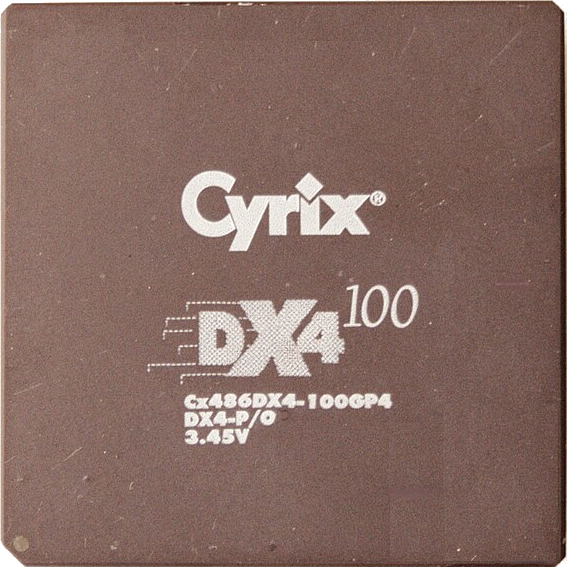Linux, torrents, youtube (if you use a account-less frontend), Wikipedia.
Harvard just released a free civics course. I’ve been looking into starting that.
Your question’s answer is encapsulated to a high degree here:
The piracy mega thread.
Been using this list of free websites and resources for a while:
- Comics on the second page.
The services of your local library. Sign up and use them, and get your friends & family on too because the more regular users and the more people aware of their services, the harder they are for politicians to take away or slash the budget of.
Common services offered:
- Kanopy, hoopla (free TV shows and movies, similar to Netflix)
- Local/national newspapers digital versions
- PressReader for various (usually subscription-only) magazines
- ebooks and audiobooks via OverDrive/Libby, BorrowBox, hoopla, etc.
- Educational resources like language learning apps
I tried this a few days ago, but Overdrive only had 2 ‘copies’ of the 30+ year old novel I wanted and the waitlist was 10 weeks so I added another “Fuck capitalism for…” to my list.
The Pirate Bay ;)
Not really „free“ but „mostly free“: Each week you can get a different game from the Epic game store
I should take advantage of this tread
not that useful but cute: https://http.cat/ and https://http.dog/ give cute pictures to http error codes like 404: file not found or (the better one) 418: im a teapod
When i dont know what an errer code means i often put http.gat/{errorcode} and then i am pleased because of insight and cat- https://haveibeenpwned.com/ is very useful, it takes a few seconds for you to check if some accounts got found in public breaches
Ad blockers
For Safari on macOS, iOS I recommend 1Blocker.
Rss feeds.
Every time you see a Flock license plate reader, add it to the map.
They look like this:


It only costs a bit of your time 😊
As far as what I understand you are saying…
these are free solar panels and cameras?
I read through the website, but I don’t understand how this is helpful. Is it so that people can avoid driving past them, changing their route each time one is added?
If Organic Maps supported it as an overlay that would be game changing.
Presumably so the people can dismantle the surveillance capabilities of a government turned fascist.
Through vandalism?
You speak like that’s a bad thing.
I literally did not.
Oh goody then
By any means necessary
I was looking for an old show I saw back in 2000’s to see if any streaming platforms had it, low and behold someone had archived the VHS version of the show! The quality obviously wasn’t HD but it was good enough to still watch and reminisce.
Mullvad’s DoH service and Leta search proxy are free. You don’t need to have a VPN subscription to use them.
Can you break these two down for me please?
If I remember correctly, Leta search proxy is the anonymized search proxy from Mullvad. Users connect and do internet searches, Leta will search various engines and cache the results, anonymized, for some time (days I think?) and any users who perform the same search will receive the cached results from the other users previous searches.
I could be wrong on some or all of that.
Sounds pretty much like Searchxng actually sounds a tad bit more sophisticated
DNS over HTTPS (DoH), which is Domain Name Service over Secure HyperText Transfer Protocol. HTTP is the technology the Web runs on. The S in HTTPS is the secured version of HTTP, it’s encrypted using TLS (originally was SSL, Secure Sockets Layer), Transport Layer Security. DNS translates site names (e.g., www.google.com) into an IP (Internet Protocol) address (e.g., 8.8.8.8). DNS is an unencrypted protocol like HTTP. Adding in the Security component is somewhat tricky, but DoH is one of the ways, it just piggy backs on a tried and true secure transport technology that powers the web today.
The reason you would want to use DoH is to secure the domains you are accessing from (1) being intercepted and/or altered, e.g., someone poisoning the response and giving you a bad IP address for any number of reasons, and (2) snoops such as the WiFi provider you’re connected to or the Internet Service Provider (ISP) or cellular provider, or anyone else watching the unencrypted traffic.
Cheers very much. I was somewhat familiar with the concept (didn’t knew the abbreviation for it tho). But your explanation just made everything slide in their place. Thanks again
All this is correct, but keep in mind that you still leak domain names until ECH (encrypted client hello) is in wide-spread use. It is of course still a good idea to use encrypted DNS, just don’t assume your ISP can’t see which websites you are accessing.













